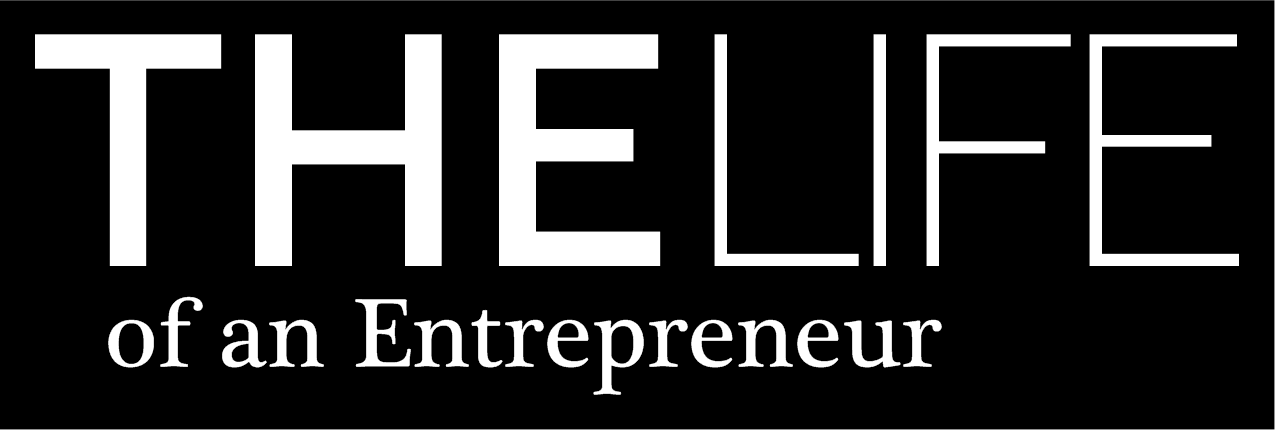
WHY ALL THE NEW RED TAPE?
Unless you have better spam filters than I seem to have, your inbox has been inundated with warnings about beneficial ownership. And yes, I see SARS e-mails as spam!
UNDERSTANDING BENEFICIAL OWNERSHIP
By NIKITA KELLER and HESMARIE SWART (LVP ATTORNEYS)
But what is Beneficial Ownership and why should I care?
Essentially, the ultimate ‘warm’ bodies that control the trust and stand to benefit from its assets and income will be considered to be the Beneficial Owners. A Beneficial Owner in respect of a company, means an individual who, directly or indirectly, ultimately owns that company or exercises effective control of that company
The short answer is that if you have any interest, shares, control or stand to benefit from a trust or company, your details need to be on record at the Master of the High Court in the case of a Trust and at The South African Companies and Intellectual Property Commission (“CIPC”) in the case of a Company or Closed Corporation. The information will undoubtedly be used by enforcement agencies as data used to track and identify illicit use of trusts and companies by criminals, but ads a significant burden on South African Businesses.
Why the sudden rush for information?
In March 2023, South Africa was placed on the Financial Action Task Force (FATF)’s “grey list” of countries with strategic deficiencies in their anti-money laundering and counter-terrorist financing regimes and identified weaknesses that needed to be addressed.
The above resulted that the South African government published the General Laws (Anti-Money Laundering and Combating Terrorism Financing) Amendment Act 22 of 2022 that came into effect on 1 April 2023.
The Amendment Act is aimed at combatting money laundering and terrorism financing. It targets companies and trusts which are seen by the international community as vehicles regularly used to facilitate such criminal activities. To create greater transparency in the ownership and control of such entities, it has introduced the concept of ‘beneficial ownership’ in a number of key laws affecting all trusts and companies, adding additional disclosure and reporting.
Who needs to comply?
The new definition of ‘beneficial owner’ in the Trust Property Control Act 57 of 1988 (“Trust Act”), is defined broadly and includes any of the following:
- The natural person(s) who directly or indirectly ultimately own the trust property.
- The natural person(s) who exercises effective control over the administration of the trust arrangements that are established pursuant to a trust instrument.
- The founder, all trustees and each beneficiary of the trust and all natural persons ultimately behind them, if same is a legal person, partnership, or trust.
Trustees are now required to i) establish and record the beneficial ownership, ii) keep record of the prescribed information relating to the beneficial owners of the trust, iii) keep the same up to date, and iv) lodge with the relevant Master’s Office all of the prescribed information relating to the beneficial owners. The Master must also keep a register containing the prescribed information about the beneficial ownership of trusts.
In similar fashion, the amendments to the Companies Act places heavy emphasis on the responsibility to maintain beneficial ownership records and report thereon to the CIPC, who is also obligated to keep accurate information.
This includes any individual who, directly or indirectly, ultimately owns that company or exercises effective control of that company, including through –
- Holding beneficial interests in the company’s securities;
- Exercising or controlling the voting rights associated with the company’s securities;
- Exercising or controlling the right to appoint or remove members of the board of directors;
- Holding beneficial interests in the securities or controlling them, including through a chain of ownership, of a holding company of that company;
- Controlling, including through a chain of ownership or control:
- Another legal entity besides the holding company;
- A corporate or unincorporated body of persons;
- A person acting on behalf of a partnership;
- A person acting under the provisions of a trust agreement;
- Having the ability to materially influence the management of the company in other ways.
These changes require that a company provide the CIPC (when it files its annual return) with a copy of the company’s securities register and a copy of the register of the disclosure of beneficial interest.
While no definite deadline has been imposed for trusts, those who do not comply “within a reasonable time of being requested to do so, expose themselves to fines up to R10 million and imprisonment of up to 5 years or both.
In the case of companies, failing to correctly disclose the prescribed information with its annual returns to the CIPC poses the risk that its status be amended by the CIPC from ‘in business’ to ‘deregistration process’. The CIPC further noted that failure to file beneficial ownership information will constitute non-compliance and may result in a court-ordered administrative fine of either 10% of the non-complying company’s turnover or R1 million, whichever amount is greater.
The newly introduced ‘beneficial owner’ definition is not a straightforward affair as is to be expected for it to be effective in the fight against wily criminals well-versed in the art of obscuring the true nature of things.
What you need to do to ensure you protect your business:
Companies:
- Complete your Beneficial Ownership information.
- Once your Beneficial Ownership is complete, you can file your Annual Returns at CIPC.
- As soon as your Annual Returns are submitted, your business will be protected against deregistration.
You can find the CIPC Notice 67 of 2023 here:
Trusts:
CHIEF MASTER DIRECTIVE 8 OF 2023 sets out the process to be followed to upload information regarding beneficial ownership: You can access the Trust Beneficial Ownership Register Online Systemvia this link:https://trustonline.justice.gov.za/Masters
